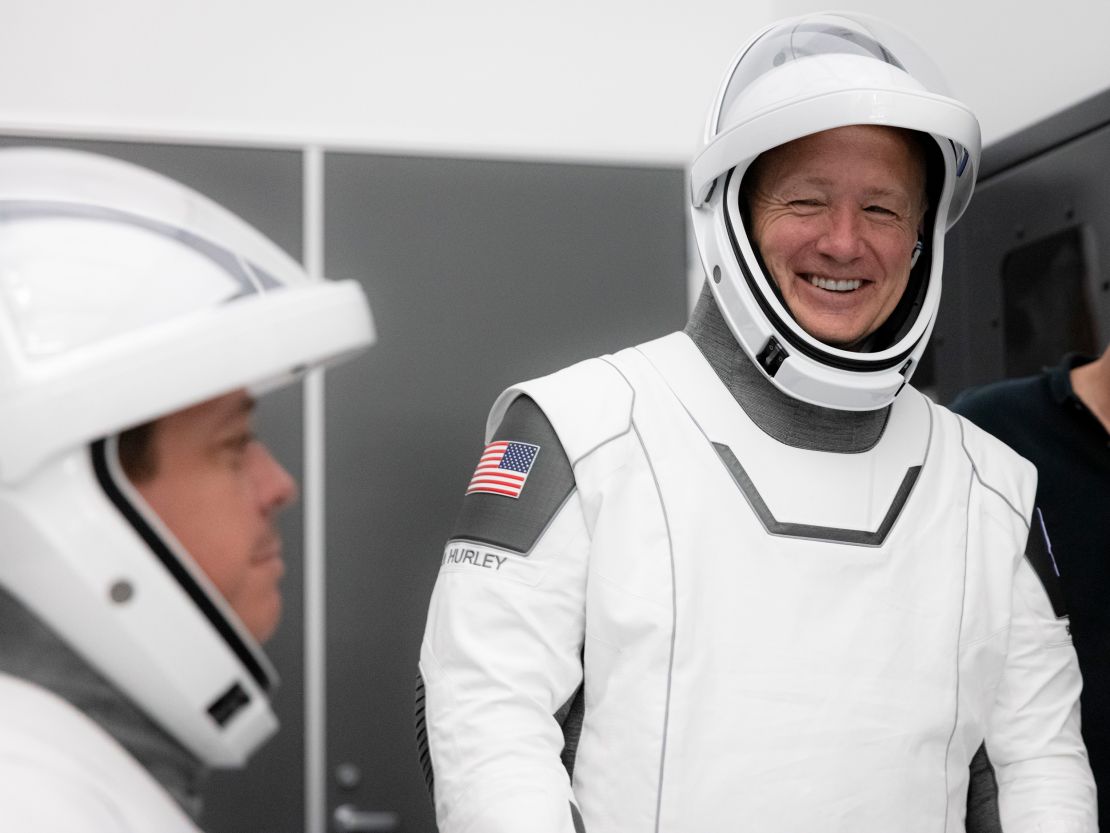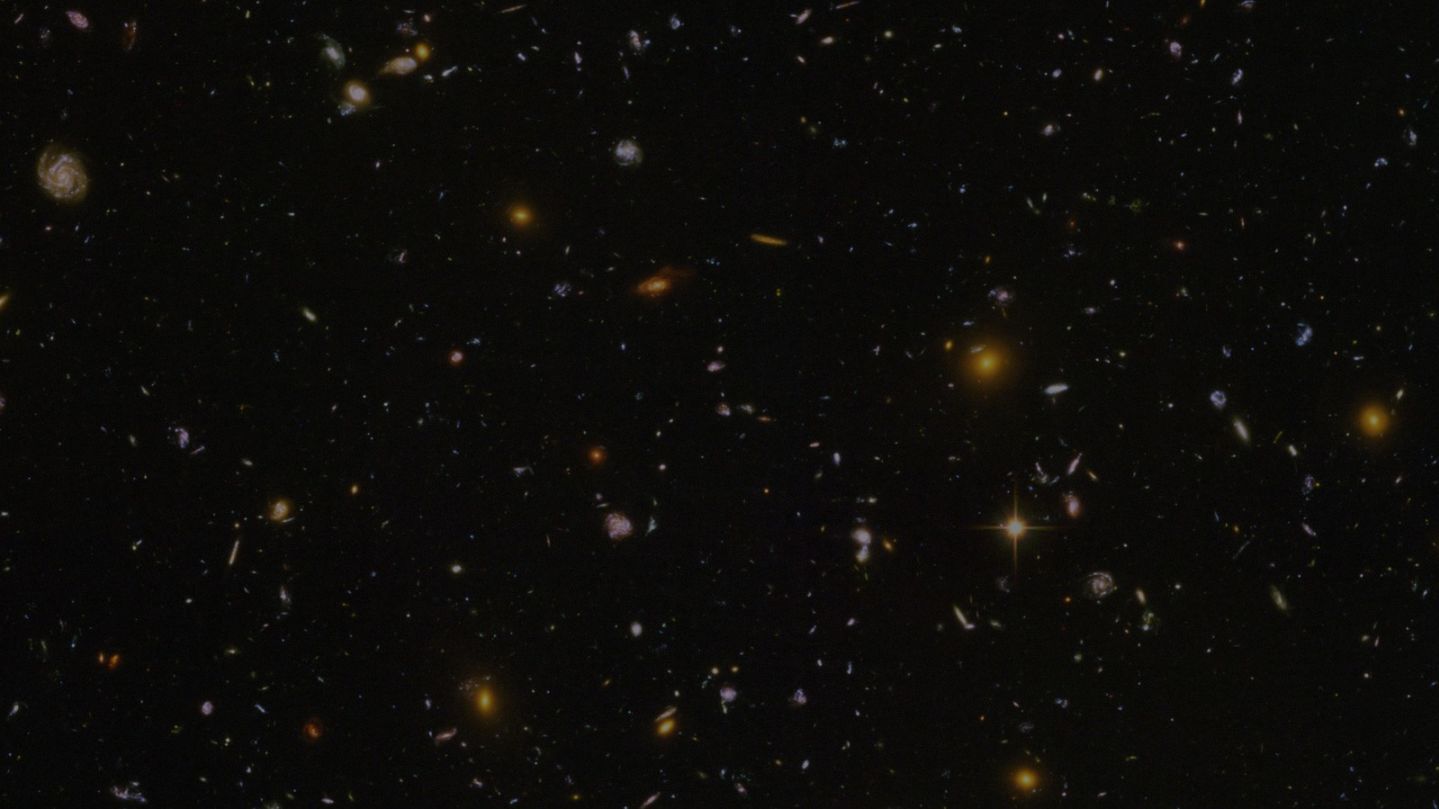For the first time since the final space shuttle mission in 2011, astronauts will launch into space aboard an American rocket and spacecraft from American soil, according to NASA.
The agency, along with SpaceX, is eyeing a mid-to-late May launch for the manned SpaceX Demo-2 flight test from Kennedy Space Center in Florida. Since the last shuttle mission in July 2011, crews launching to the International Space Station have been conducted from Baikonur in Russiaaboard the Russian Soyuz spacecraft.
The agency is monitoring CDC guidance with regards to mission planning amid the coronavirus pandemic, they said. The launch date could be postponed. All NASA centers are currently operating with non-mission-essential work occurring remotely, which limits employee contact with the crew, according to the agency.
But for now, things are going according to plan. NASA astronauts Doug Hurley and Bob Behnken are expected to be on the May flight test in SpaceX’s Crew Dragon spacecraft on top of a Falcon 9 rocket. It is the final flight test of the system before SpaceX is certified to carry out operational crew flights to and from the space station for NASA, the agency said.
Hurley and Behnken have been practicing in a Crew Dragon simulator over the last few months. Flight control teams for NASA and SpaceX in Florida, Texas and California have also been simulating different aspects of the mission to practice ahead of the Demo-2 launch.
In March, the simulations closely mirrored the mission itself, simulating timelines that began with pre-launch procedures and continuedall the way to docking with the space station. They also simulated leaving the space station and splashing down back to Earth.

“The simulations were a great opportunity to practice procedures and to coordinate decision-making for the mission management team, especially with respect to weather,” said Michael Hess, manager of Operations Integration for NASA’s Commercial Crew Program. “Simulation supervisors do a great job at picking cases that really make the team think and discuss.”
The Crew Dragon spacecraft is also being prepped for pre-launch and going through the final tests at the SpaceX facility near Cape Canaveral in Florida.
This leads to “more simulations, final crew training and flight readiness reviews to ensure all of the mission systems and subsystems are ready for a crewed test flight,” Hess said.
Commercial partners like SpaceX are opening up access to low-Earth orbit, like the space station.
“What’s happening in commercial crew is a big deal,” Hess said. “This new spacecraft, Crew Dragon, was designed and built by SpaceX, not by NASA and traditional contractor partnerships. Bob Behnken and Doug Hurley will definitely be earning their spacecraft test pilot wings with this mission. Also, the Space Station Program is really looking forward to another way to rotate crews to [the] station to perform science and experiments to benefit all.”
Demo-2 is the final test before NASA transitions to operational crewed flights to the space station using the Crew Dragon spacecraft.
The first mission, slated for launch later this year if Demo-2 is successful, will send NASA astronauts Michael Hopkins, Shannon Walker and Victor Glover Jr., as well as Soichi Noguchi of the Japan Aerospace Exploration Agency, up for a six-month stint on the space station.
It will be the second spaceflight for Walker and Hopkins, who have both been on the space station before, and the first for Glover. It’s Noguchi’s third spaceflight; he was formerly a space shuttle and space station crew member.











